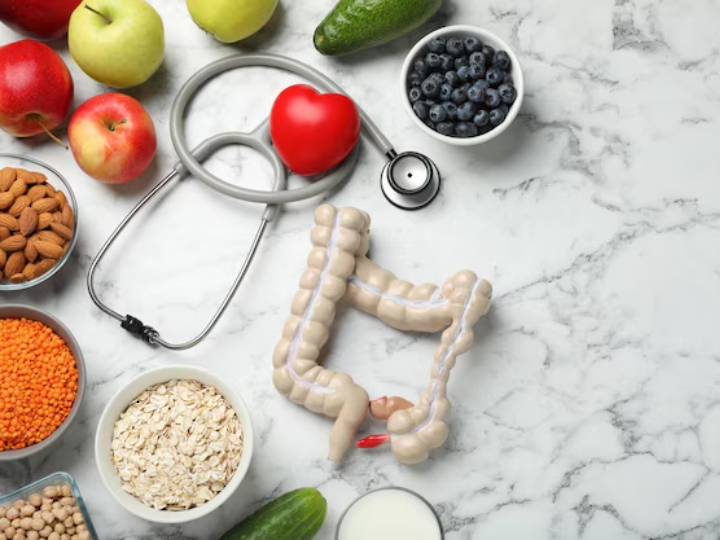How to Protect Your New Liver: Healthy Habits for Long-Term Success

A liver transplant is a life-saving procedure, but it also marks the beginning of a lifelong commitment to maintaining your new liver's health. Proper post-transplant care and lifestyle changes can significantly improve the longevity and functionality of your liver. Whether you've undergone a liver transplant recently or are preparing for one, following the right habits is crucial for long-term success. In this guide, we will explore essential practices to protect your new liver, with expert advice from the best liver specialists, hepatologists, and liver specialists. 1. Follow Your Doctor’s Advice and Medication Regimen After a liver transplant, your doctor will prescribe immunosuppressant medications to prevent your body from rejecting the new liver. It is vital to: Take your medications exactly as prescribed. Never skip a dose or stop taking your medicine without consulting your liver specialist. Attend regular follow-up appointments with the best liver specialist hepatolo...





